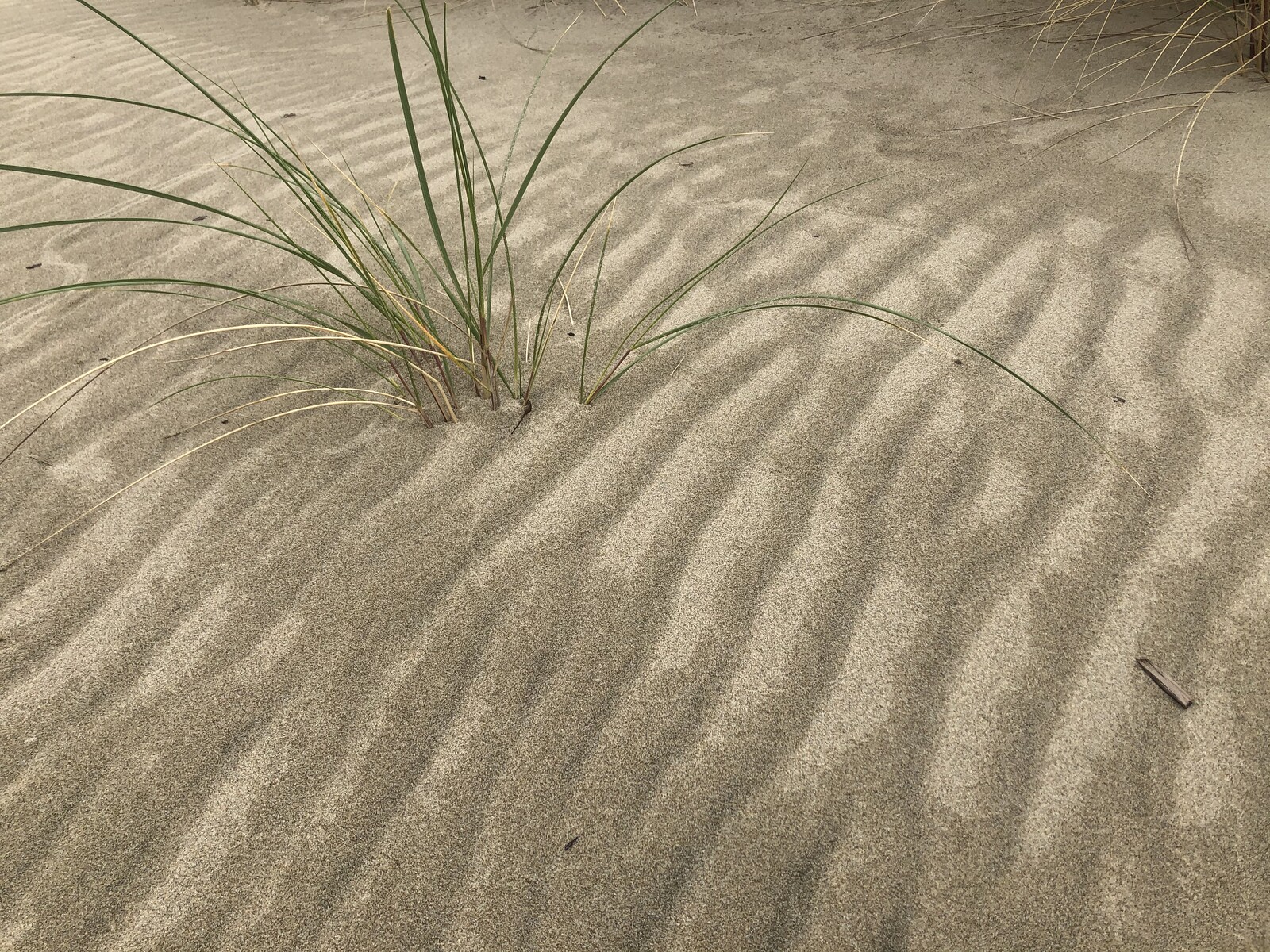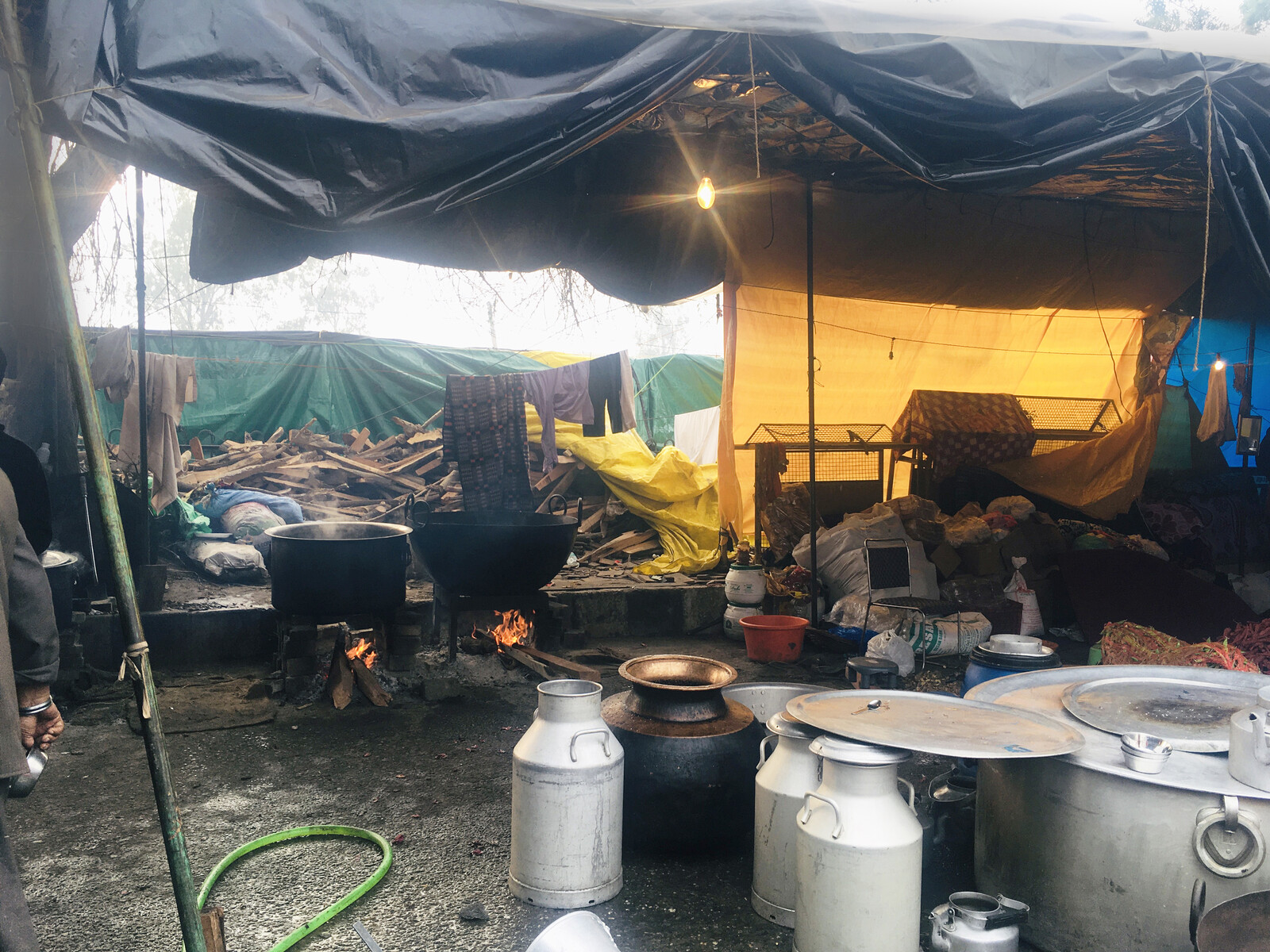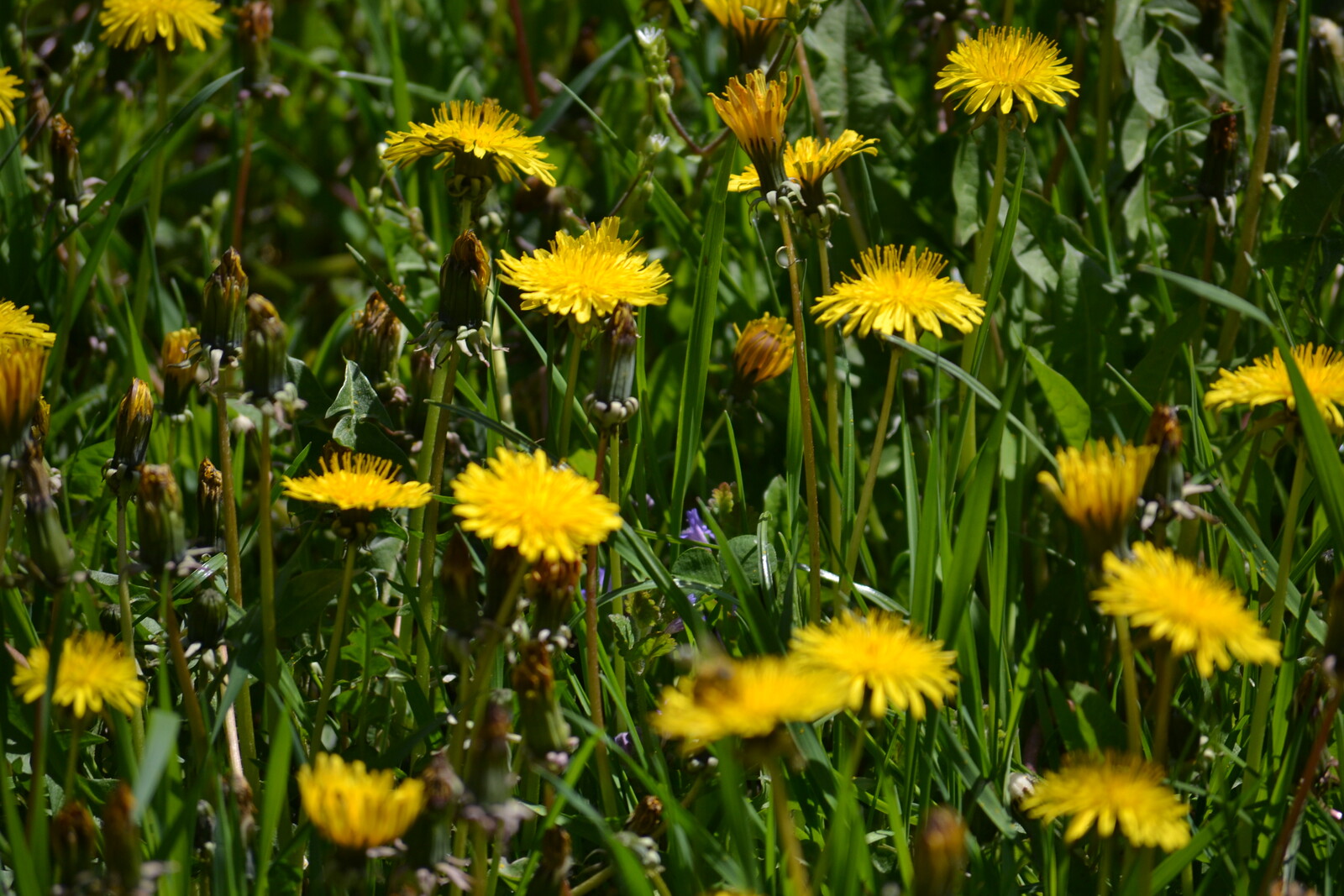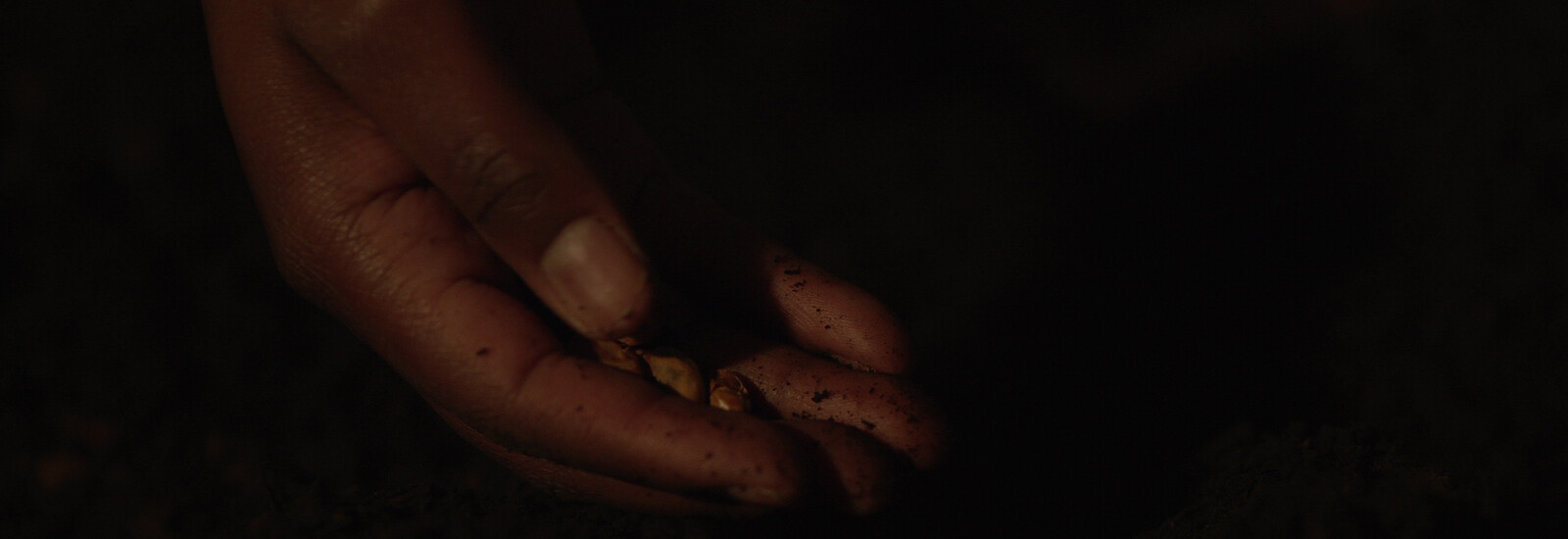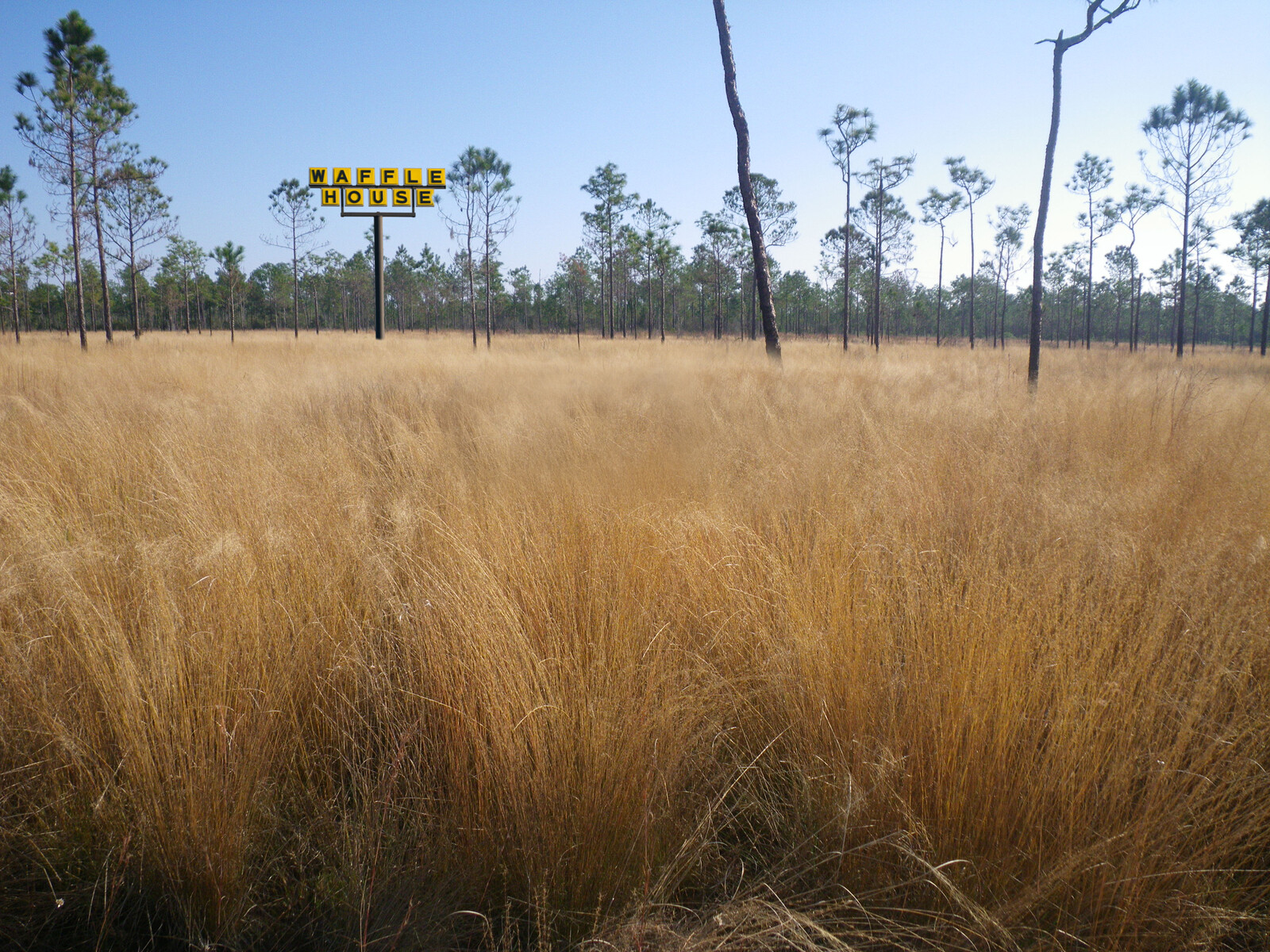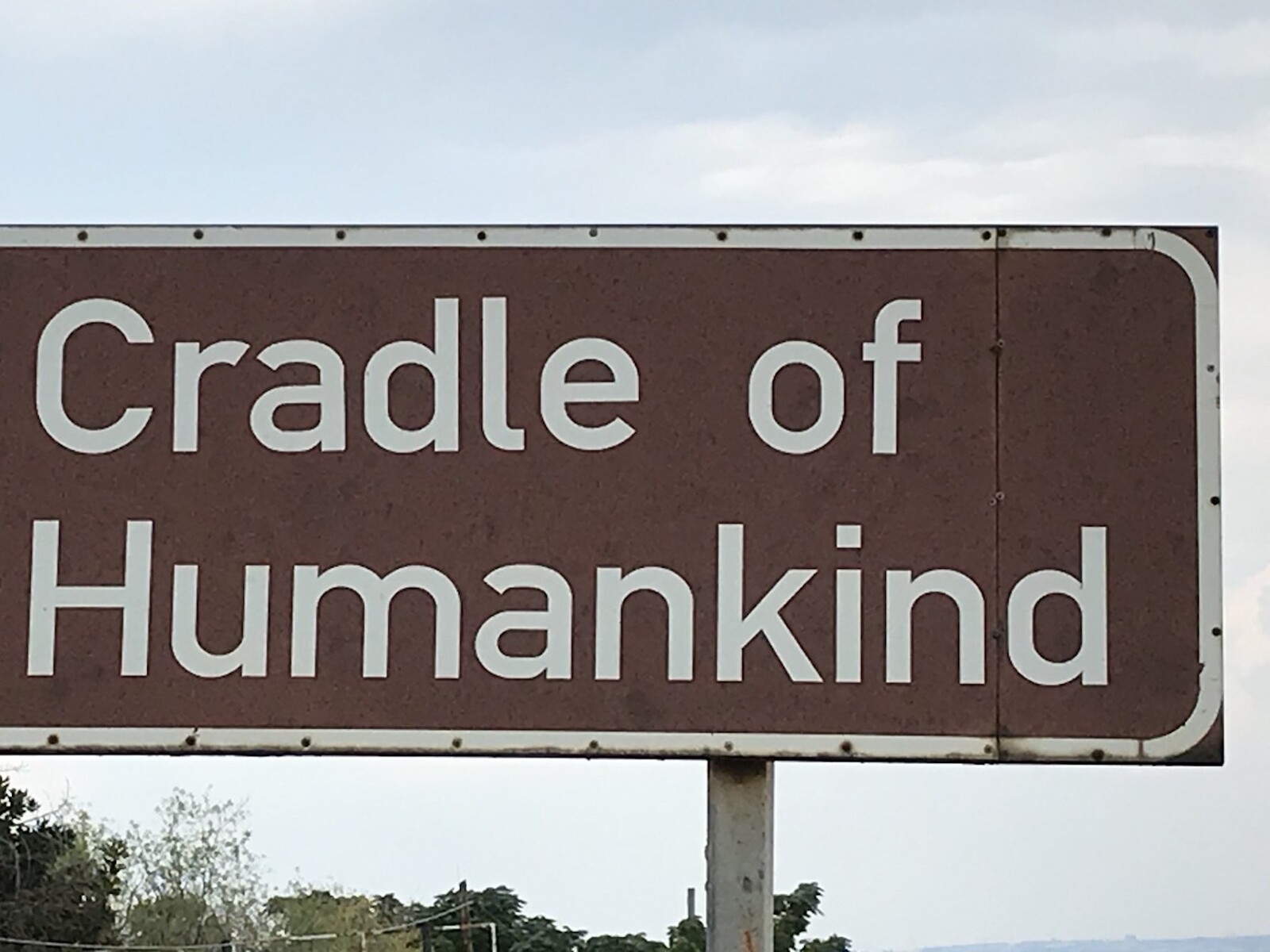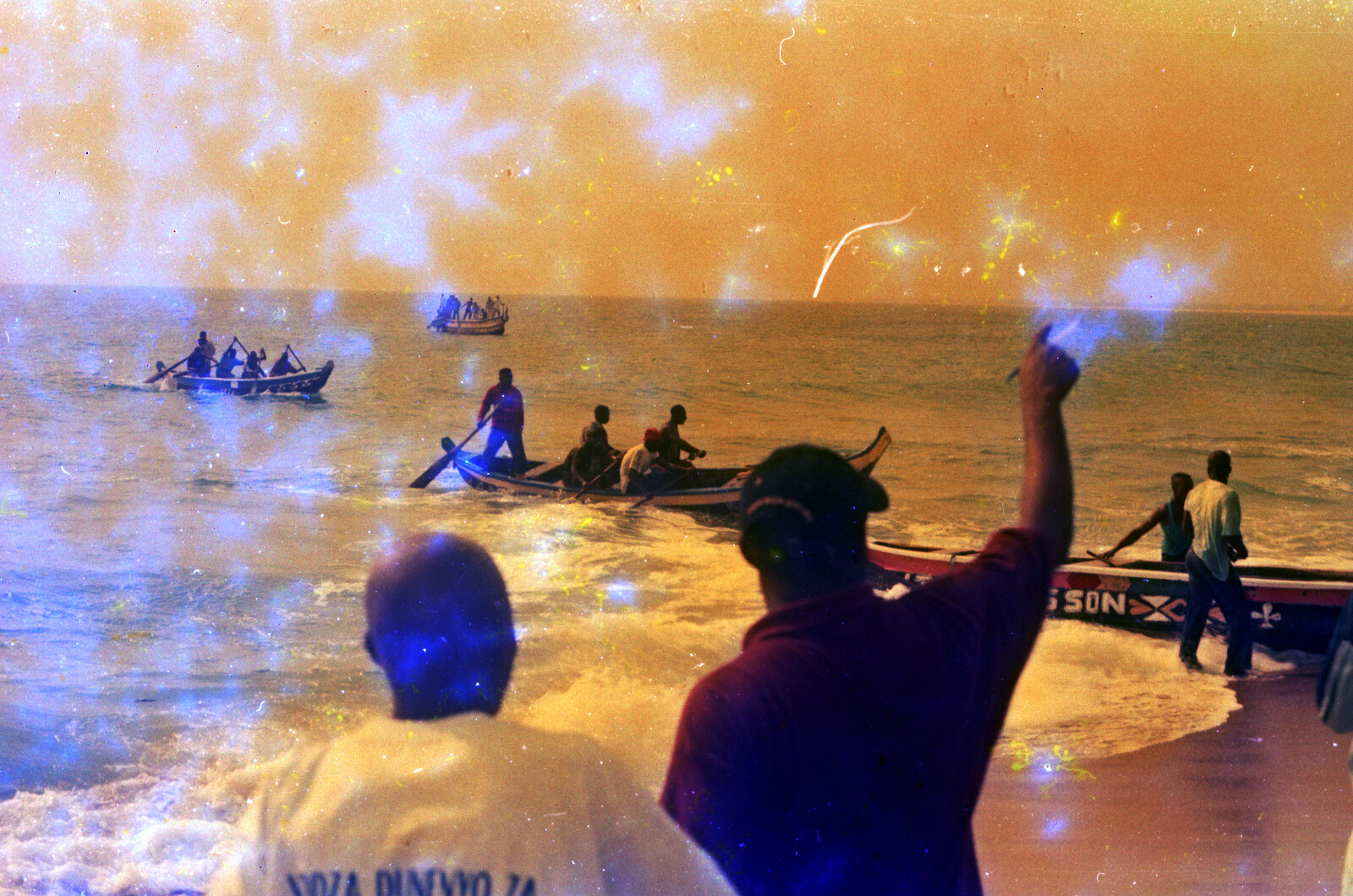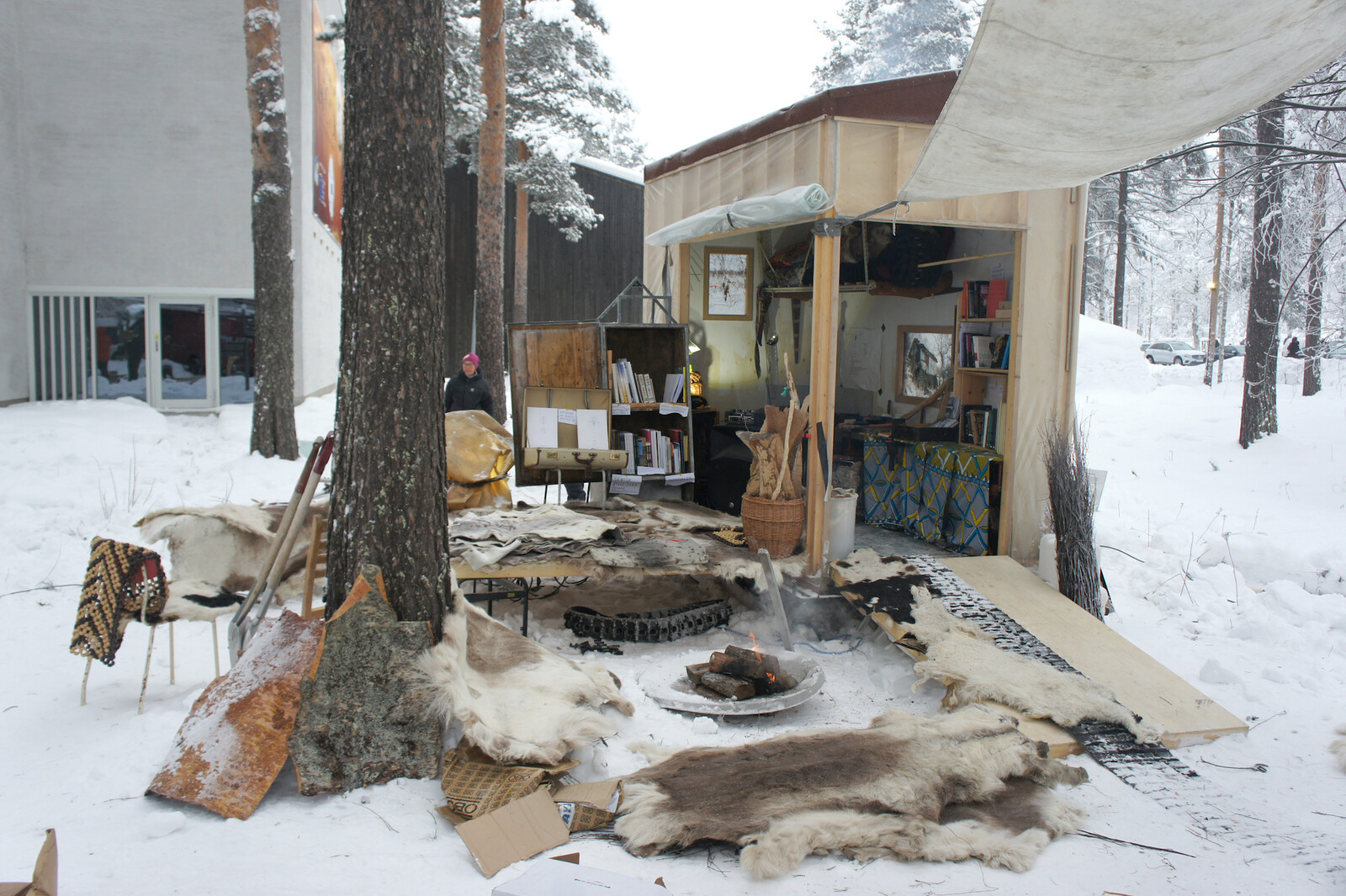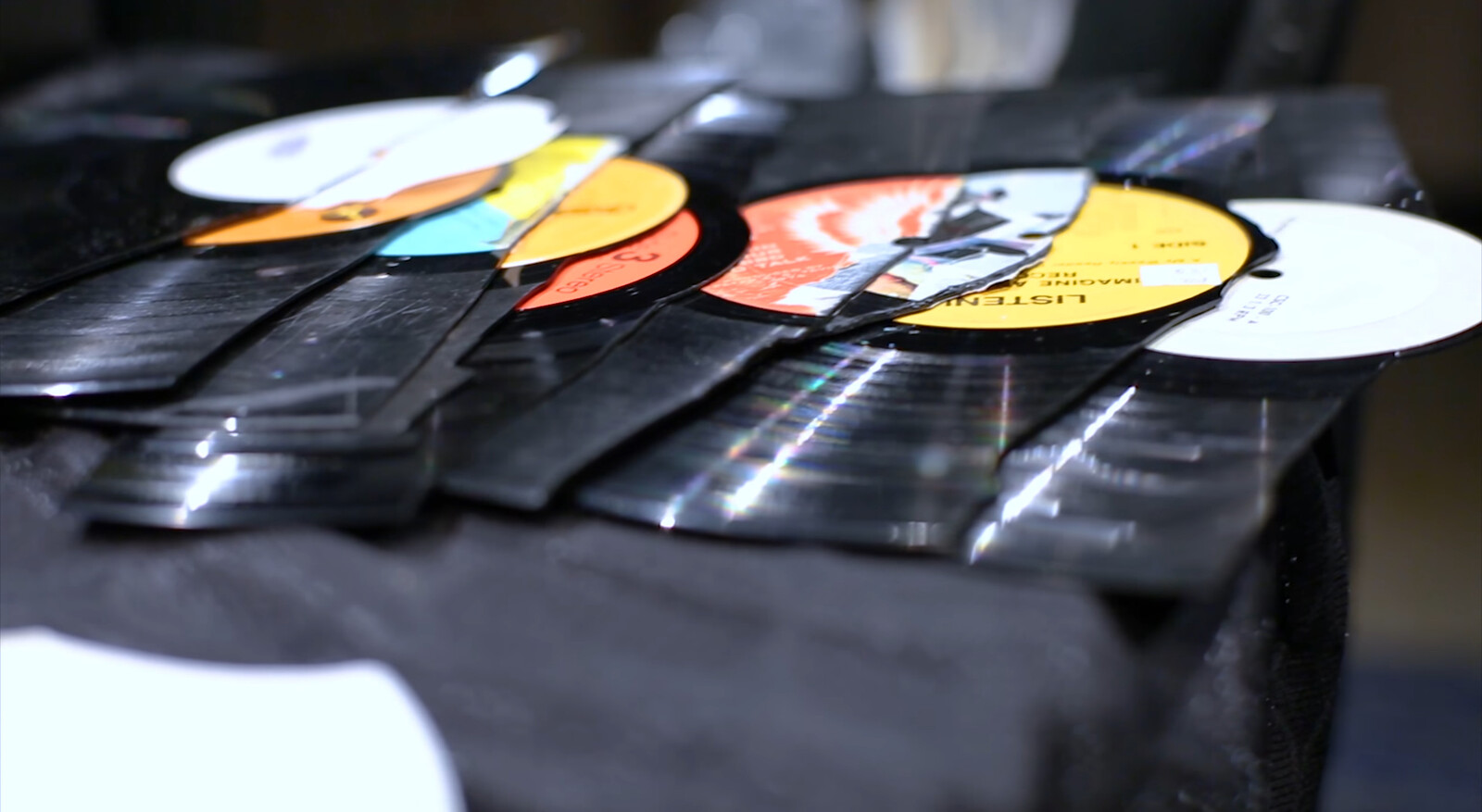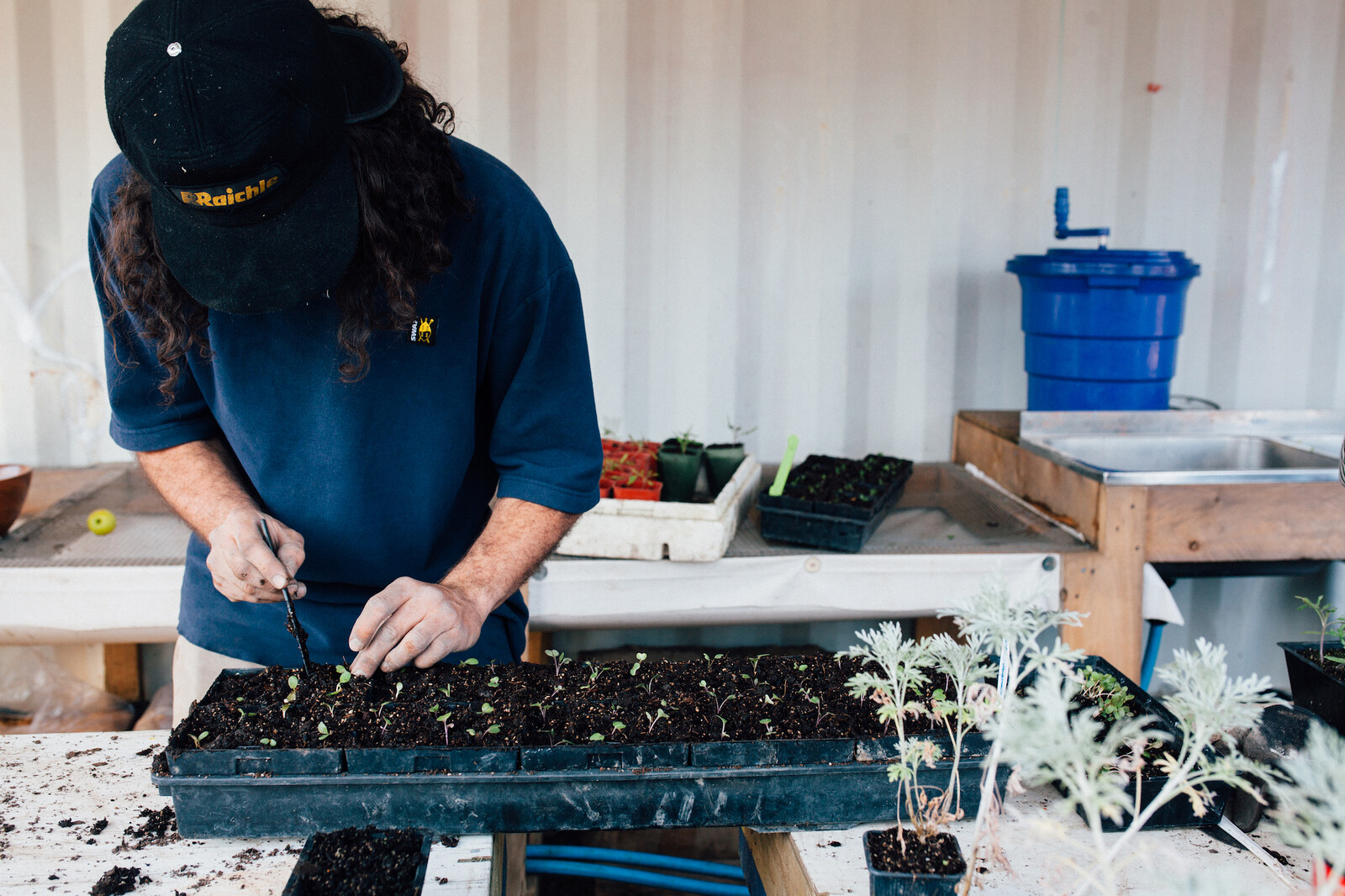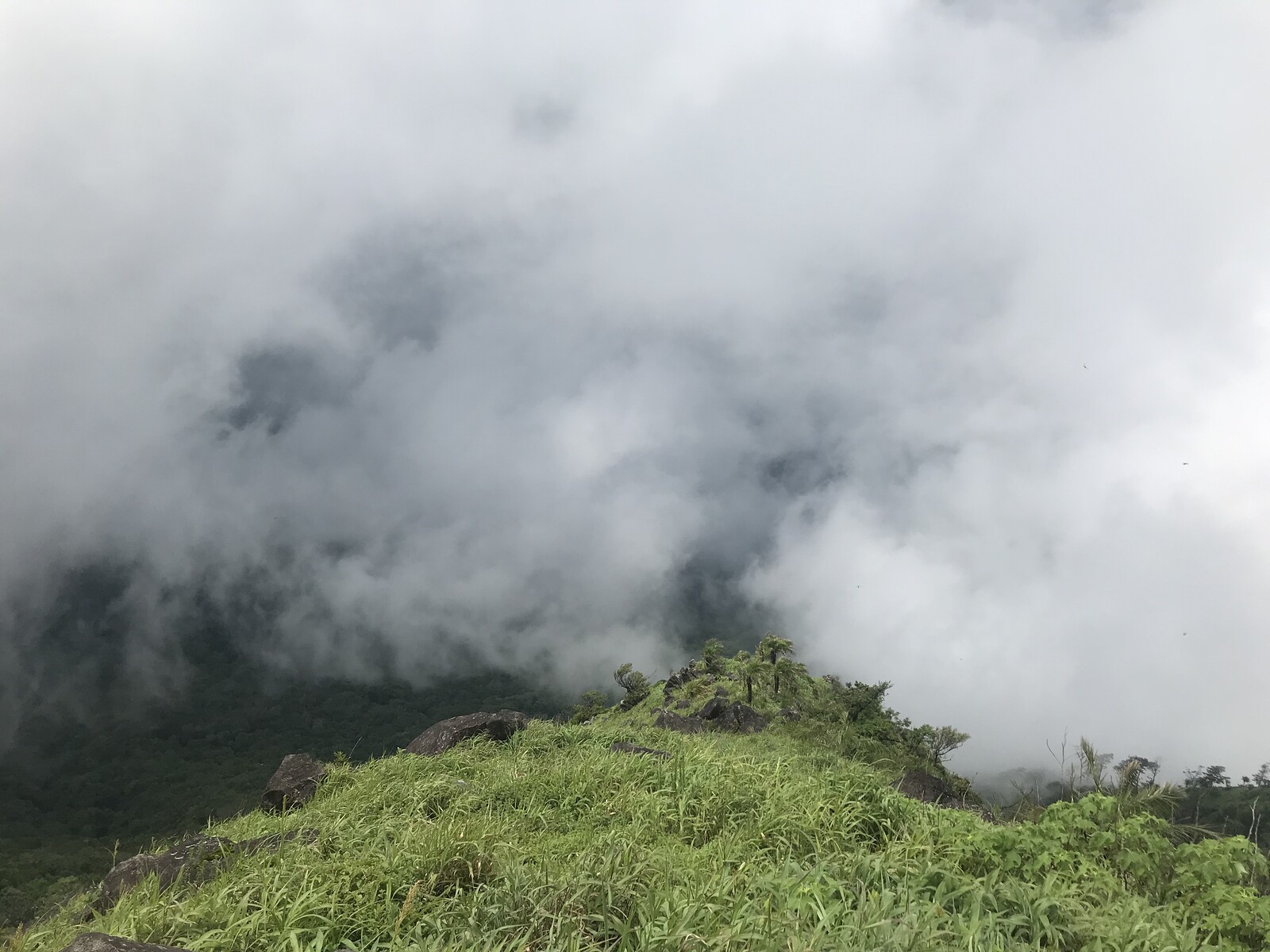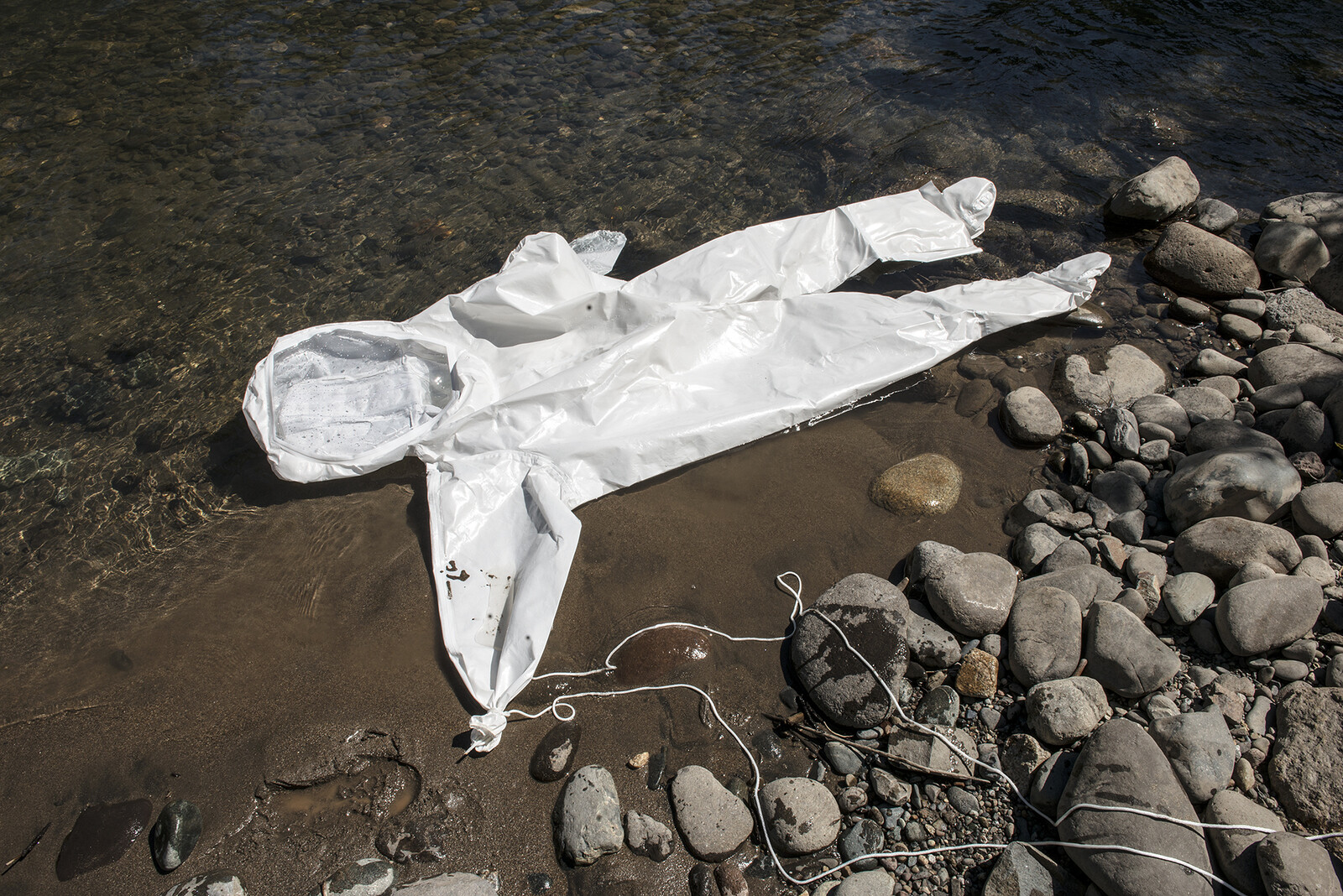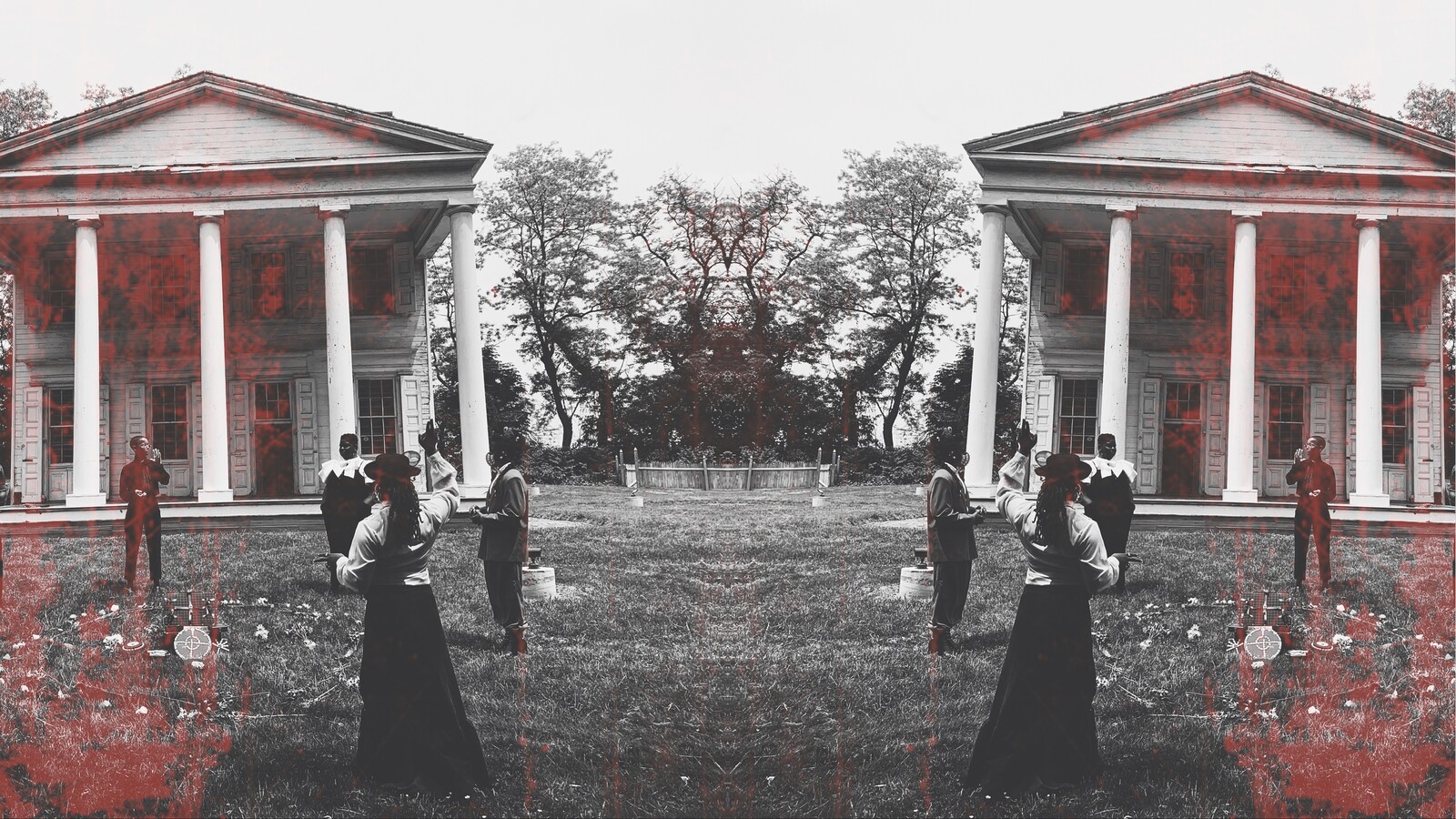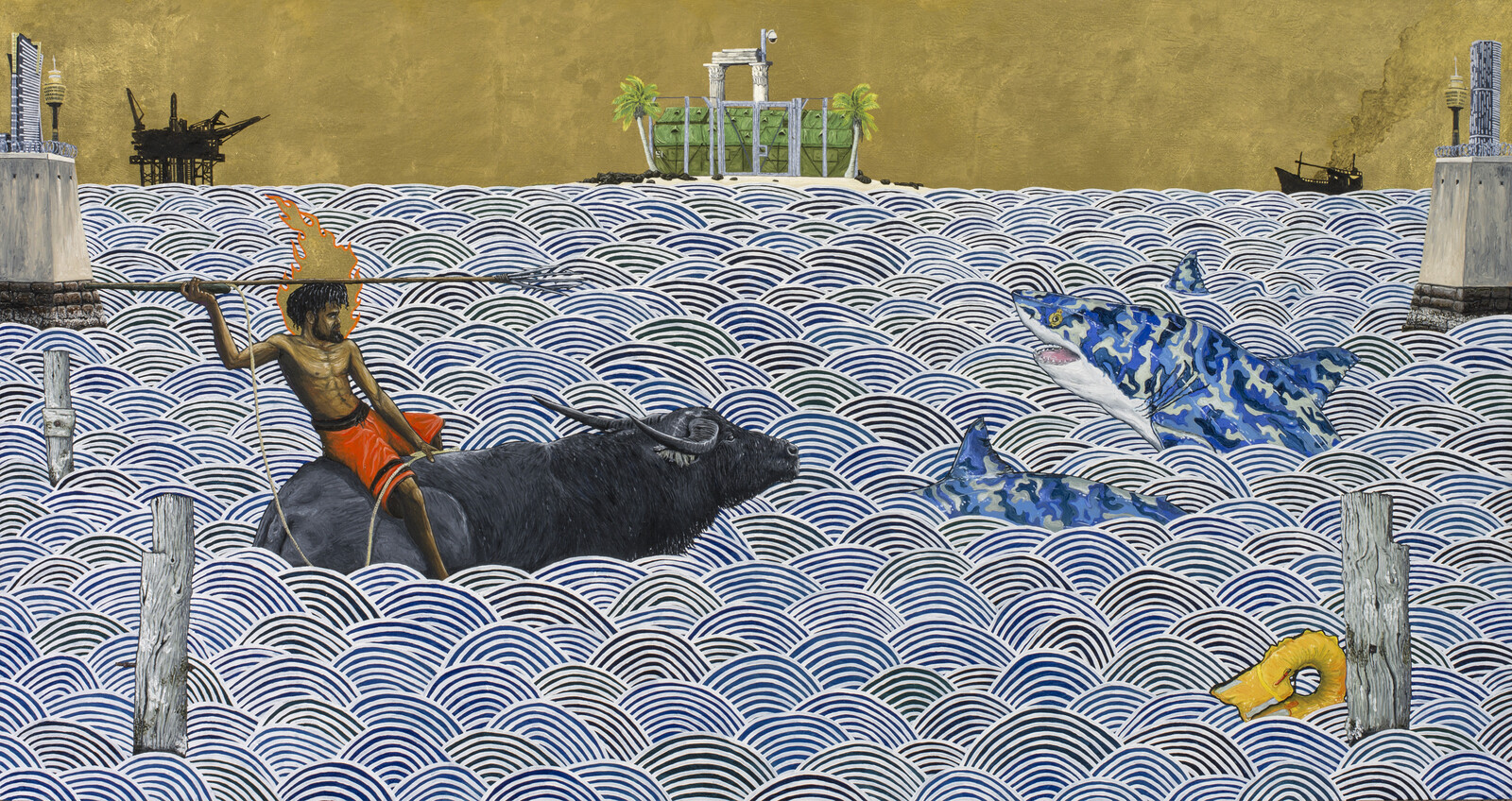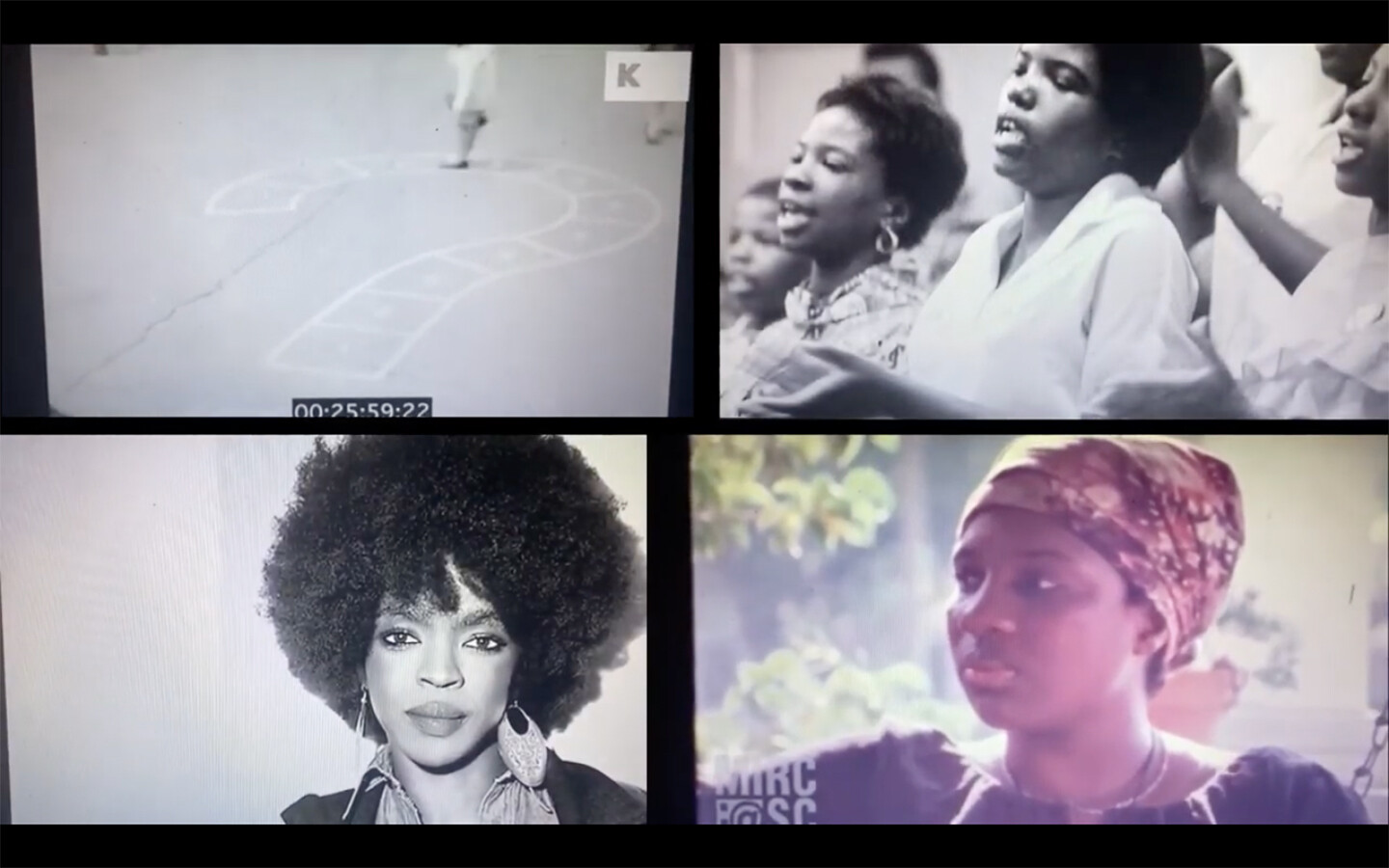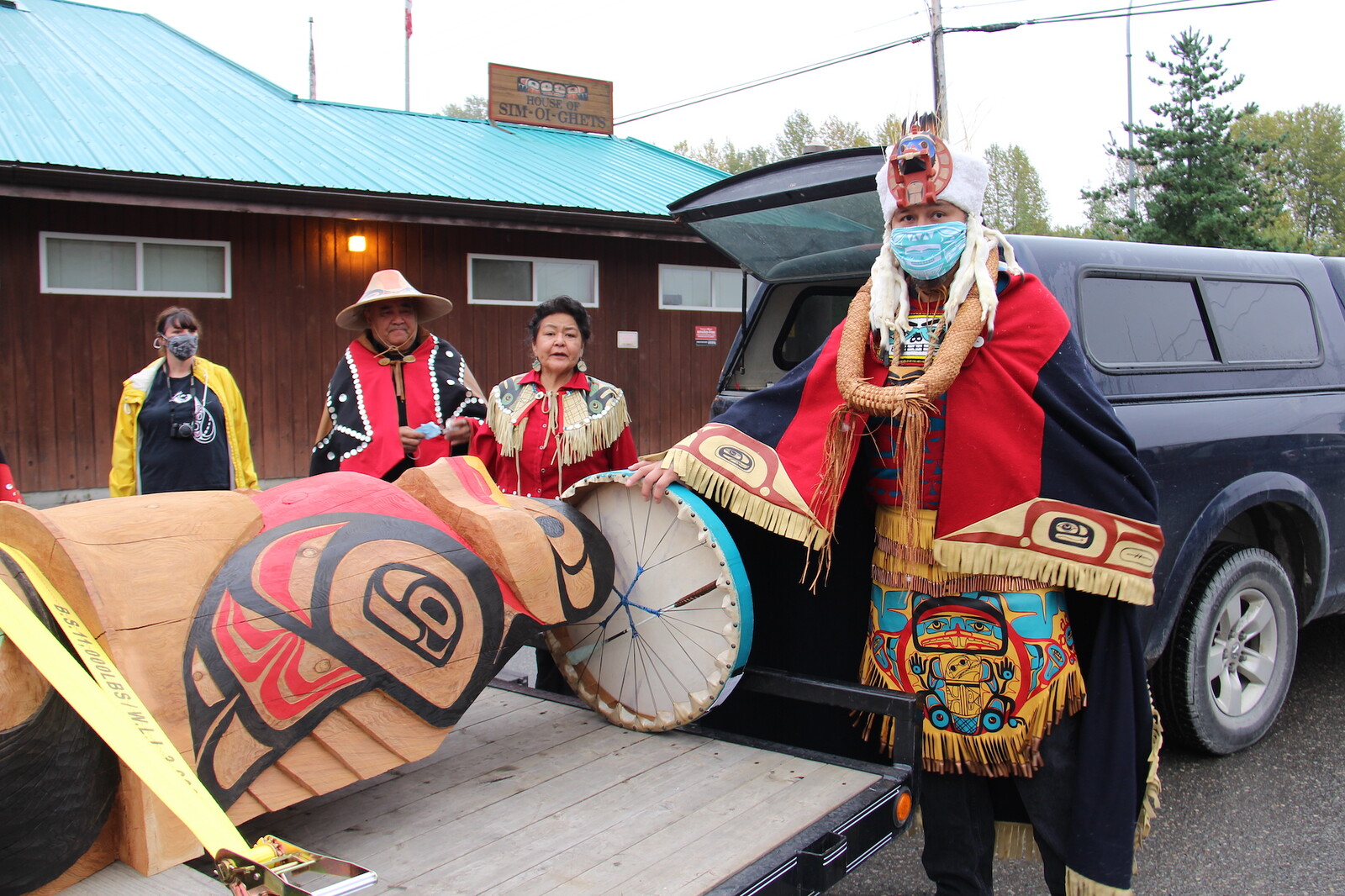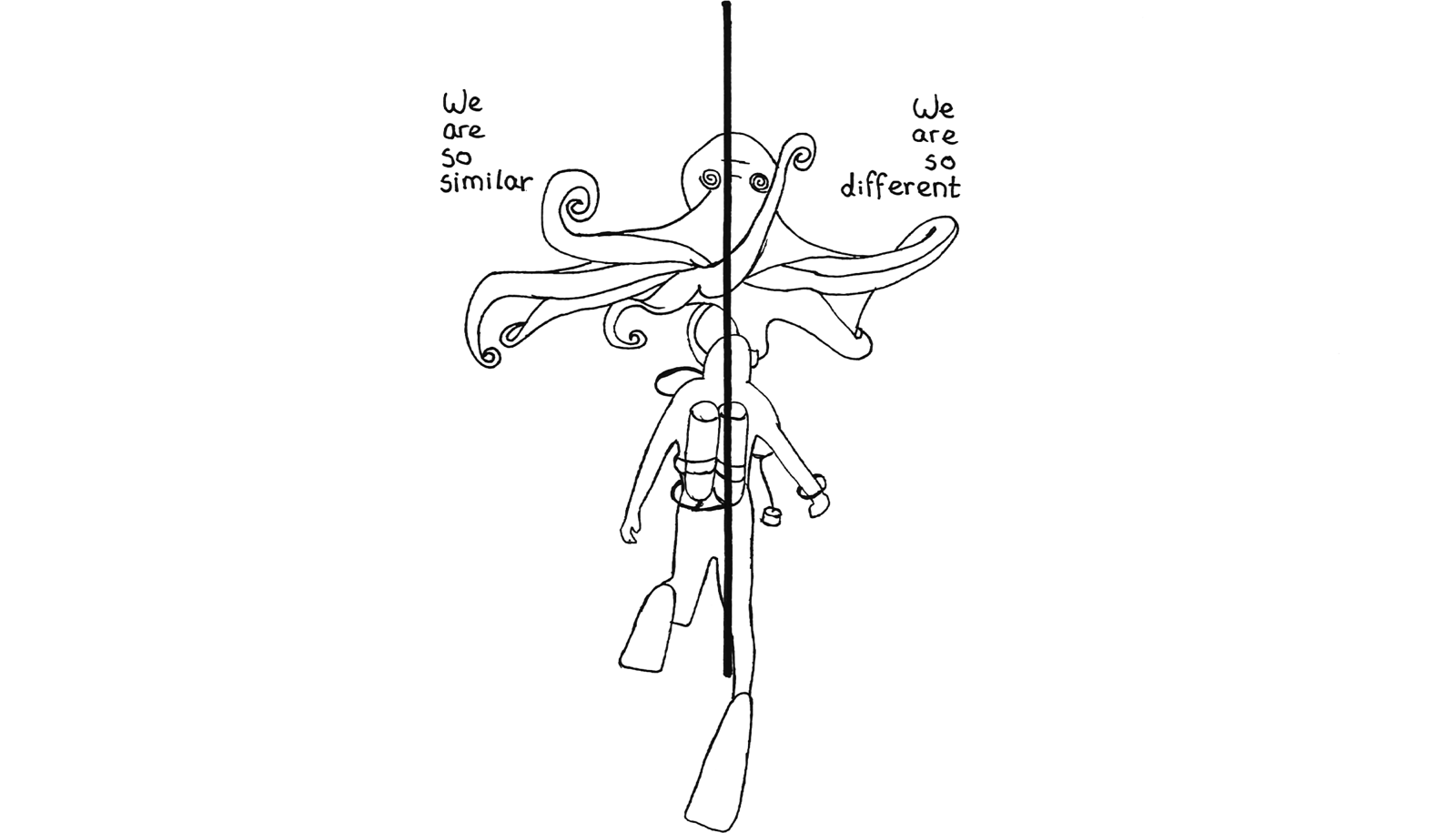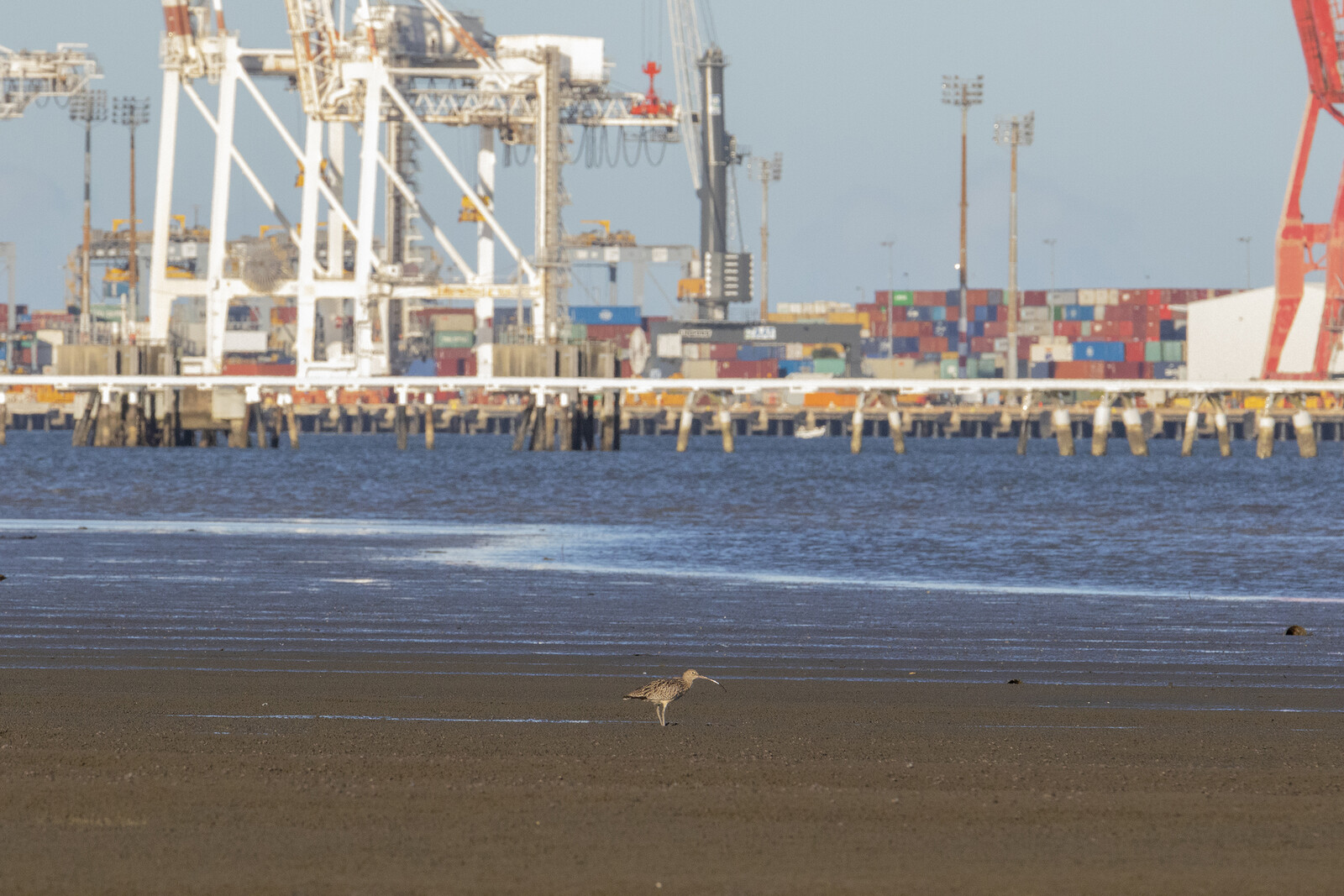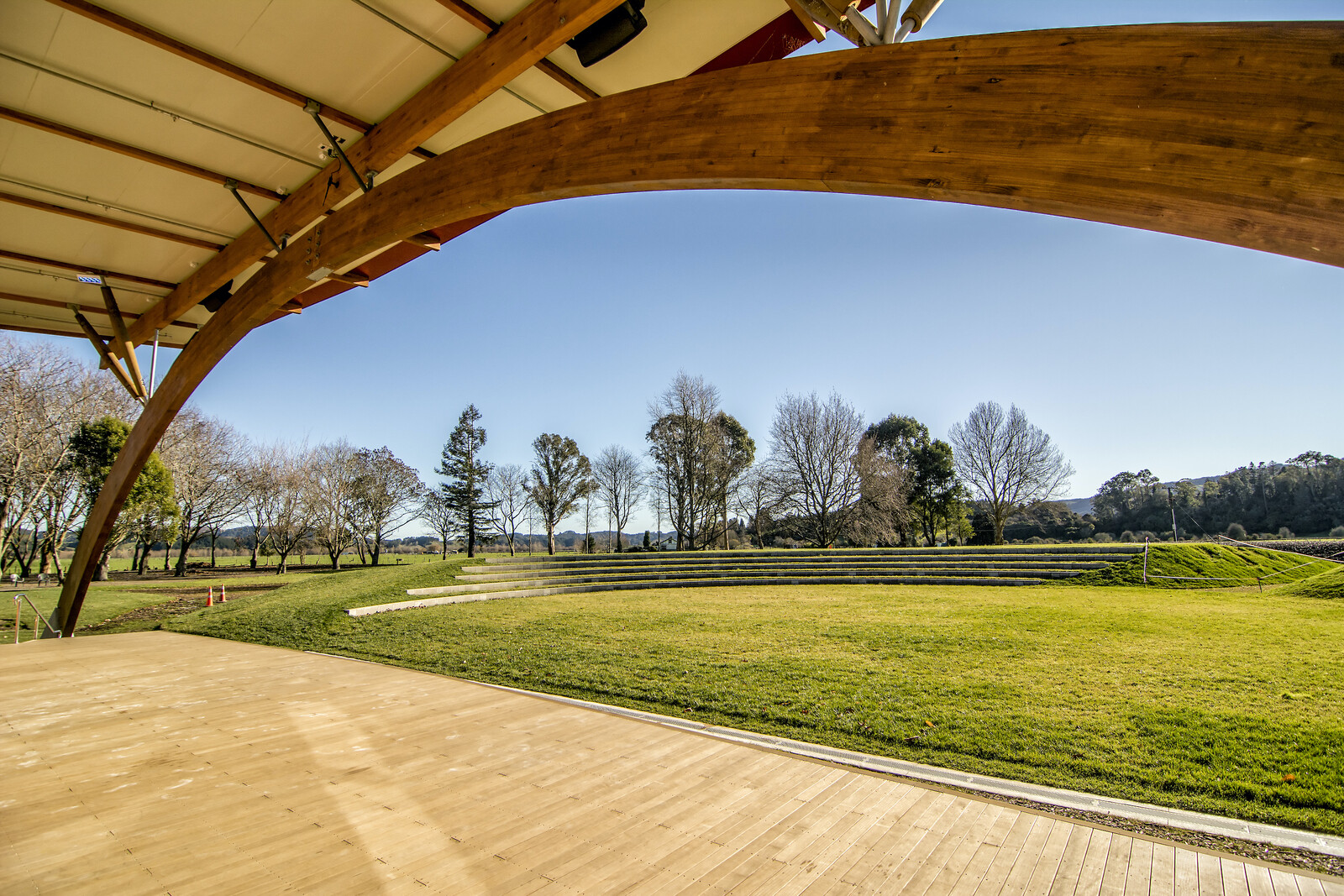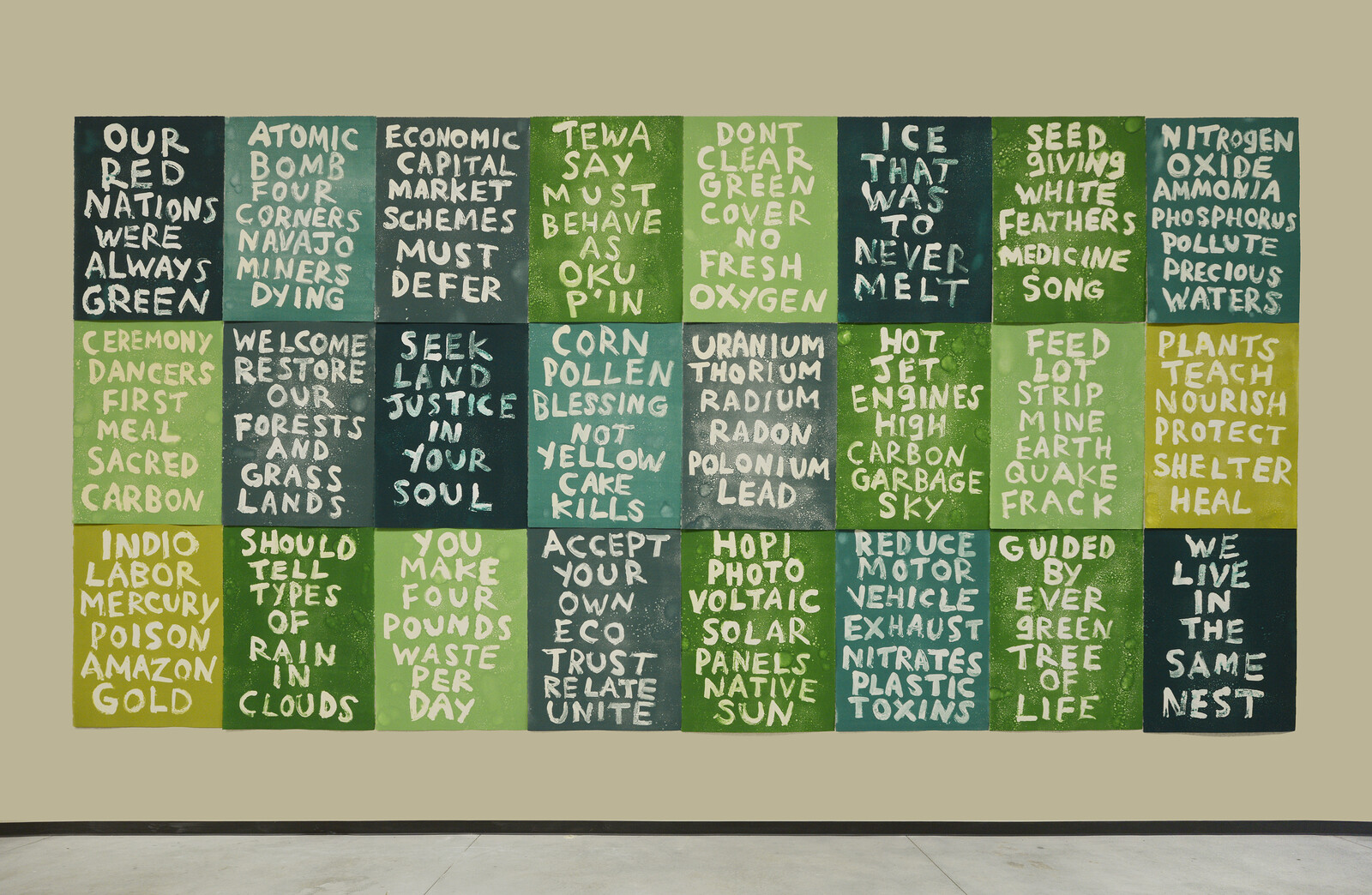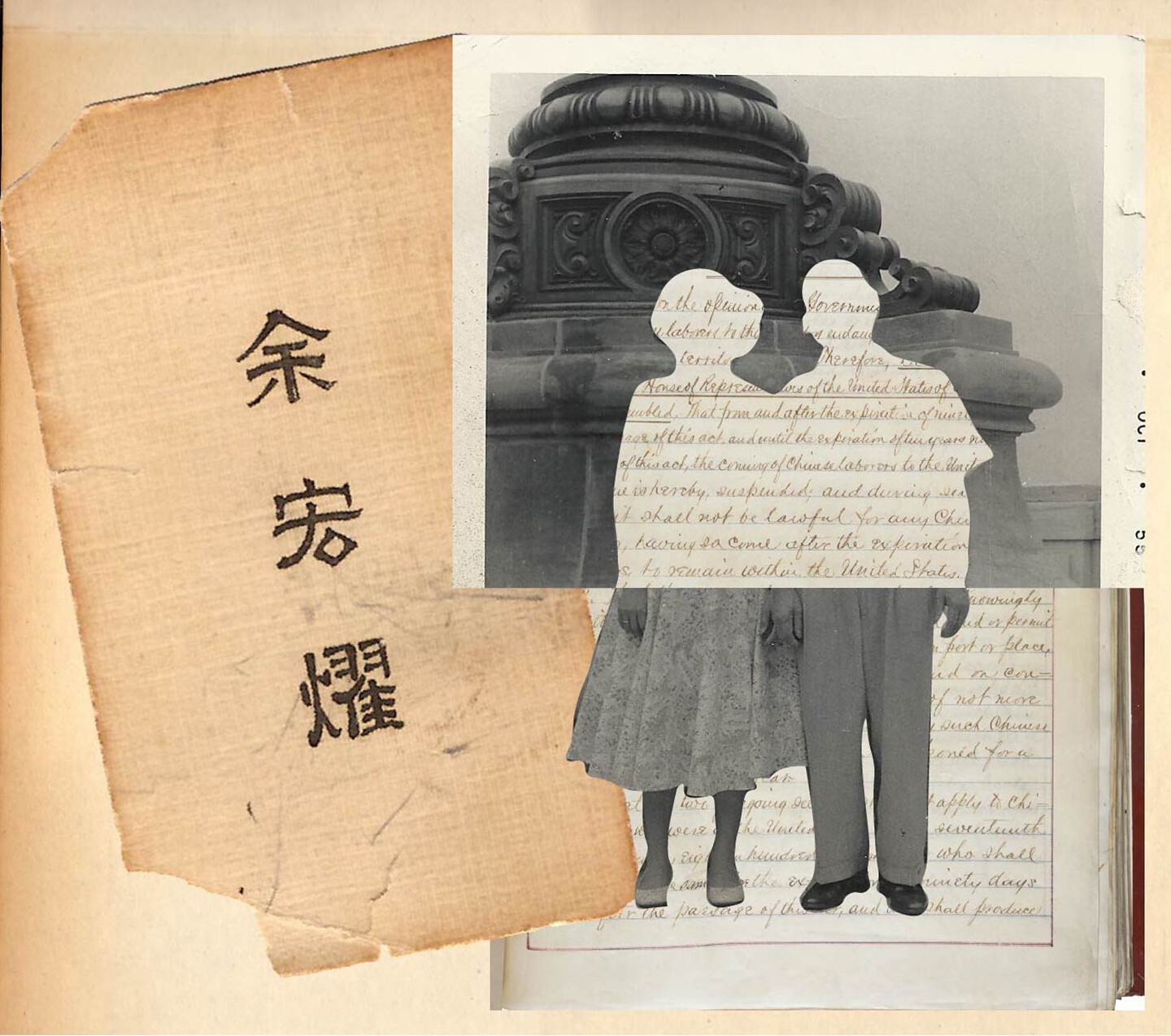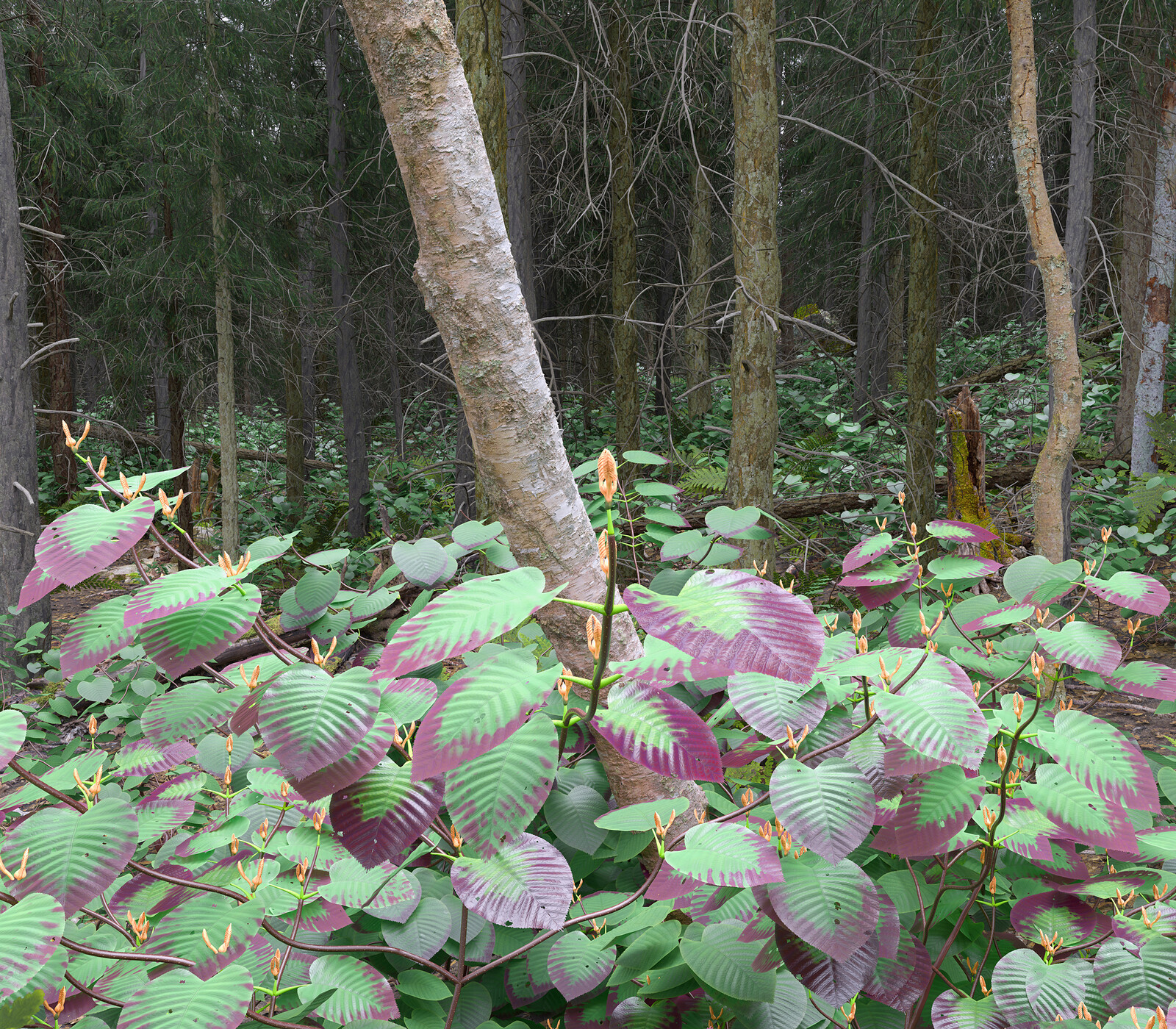Survive. Exist. Strategize. Close. Endure. Hide. Reveal. Persist. Hope. Thrive. Plan. Create. Mobilize. Open. Propel. Writing and speaking about survivance is difficult and uncomfortable. It gathers expansive verbs. It manifests a continuum of agency and constraints. Survivance is inviting, but evasive. Its ragged interfaces and compelled practices built from recognition, will, necessity, and emotion are certainly more instructive than scripted explanations. Yet, a script is needed.
Gerald Vizenor (White Earth Ojibwe), who recovered this term for Indigenous text and writing, describes the particularly literary figure of survivance as one of Native “presence over absence, nihility, and victimry.”1 He constantly insisted on “creation not closure.”2 Survivance is the precocious child of settler colonialism; the outcome of its violence as well as its unintended future. Although acts of presence and creation are vital to all peoples, the logics of elimination and occupation that define settler colonialism mean that Indigenous peoples hold and embody survivance in particular ways. As Tuscarora artist and scholar Jolene Rickard states, “survivance is found in everything made by Native hands, from beadwork to political action.”3
Survivance carries forth impossible hopes and un-dreamable dreams. Survivance is the act of unfolding ancient and persistent imaginings to slice through obstinate nightmares. These dreams flow out of small things. Often, they are not spectacular; and few observers find them immediately awe-inspiring. Survivance dwells in the everyday. In the day-to-day. In truth, it cannot happen any other way.
Joy Harjo (Mvskoke) generously reminds us that “stories create us. We create ourselves with stories.”4 Words and stories comprise our relationship to the world around us, and to each other. And these are living things, always on the edge of silence. Leslie Marmon Silko (Laguna) confides to her readers, “I will tell you something about stories…they aren’t just entertainment. Don’t be fooled. They are all we have, you see, all we have to fight off illness and death.”5
Attention to Harjo’s stories points to the determination of the late Darrell Robes Kipp, a Blackfoot language advocate and practitioner. Kipp freely shared his philosophy and experience with creating the care and infrastructure needed for recovering and invigorating his peoples’ language. Given all the obstacles and past failures, many Indigenous community leaders wanted to know how to proceed in their own communities. They would ask him how to convince others to support their language revitalization, or how to show the relevance of Indigenous languages in a world being bent over futuristic communication devices and swallowed through pipelines.
His advice was deceptively simple. Practice. Practice speaking. Ignore distractions. For Kipp, practice was a principle of movement and mobility. He often told his listeners to “never ask permission to save your language.”6 Even within a tribal context, this advice is crucial. So, follow Silko and fight off illness and death. In other words: Make what needs to be. Facilitate it. Steward it. Go ahead and be your purpose. This is a profound statement of permission for those continually being crushed under liberal occupation and multicultural erasure.
Survivance is refusal. A refusal of refusals, because permissions are not forthcoming. Thus, this practice cannot just be about refusals. It is also an opening on its own terms. Otherwise, it remains trapped in pain and rejection, and stays lost in past traumas and future carceralities. As Vizenor suggests, creations produce openings. Refusals produce closure.
Language is particularly important here as the primary window through which we connect and relate to one another and to the world around us. Many Indigenous languages center processes, not things; verbs, not nouns; relations, not properties. This orients its speakers and all that exists as being in relation, having responsibilities, and being oriented by actions. Anthropologist Dorothy Lee once observed that for the Dakota, “to be was to be responsible; because to be was to be related; and to be related meant to be responsible.”7
We are beings made of water who spend our lives largely within air, among the winds and weather. Yet we ignore the fluid processes that envelope us and comprise us, and too often refuse our most fundamental of relations to the world around us. This is the lesson, the gift, of survivance.
Survivance is a matter of deep breaths and unending patience, of quiet continuations behind closed doors. Survivance is a heroic history of secret meetings, closely gathered up and whispering families. Survivance lives in the faint lines traced beyond the view of acquisitive and searching eyes. Survivance is art that calls for us to be better guests, to witness our agreements, to make new and better promises. But mostly, survivance is a deep and hopeful care for those who came before and for those on the way soon.
Carried by care and determination, survivance needs no audience. Survivance is not a performance for that which is outside. We are all welcome, of course, to observe its brilliance and follow its cartographies of abundance. Truly, all it takes is recognition and practice. Our world is made by small and fragile strands woven together. The strands are sometimes frayed, but hold our possibilities.
In the end, survivance asks us to fulfill the hardest of responsibilities to our numerous patient and generous relations. We must fulfill them, but only if we can simultaneously hold the grinding truths of history alongside our creative possibilities and visions of futurity and joy.
Gerald Robert Vizenor, Survivance: Narratives of Native Presence (Lincoln: University of Nebraska Press, 2008).
Gerald Robert Vizenor, Native Liberty Natural Reason and Cultural Survivance (Lincoln: University of Nebraska Press, 2009).
Lisa King, “Speaking Sovereignty and Communicating Change: Rhetorical Sovereignty and the Inaugural Exhibits at the NMAI,” American Indian Quarterly 35, no. 1 (2011): 75–103.
Joy Harjo and Laura Coltelli, The Spiral of Memory: Interviews (Ann Arbor: University of Michigan Press, 1996).
Leslie Marmon Silko, Ceremony (New York: Penguin Books, 1986).
Darrell Robes Kipp, “Observations on a Tribal Language Revitalization Program,” in American Indian Nations: Yesterday, Today, and Tomorrow, eds. George Horse Capture, Duane Champagne, and Chandler C. Jackson (New York: Altamira Press, 2007).
Dorothy Lee, Freedom and Culture: Essays (Englewood Cliffs: Prentice-Hall, 1959).
Survivance is a collaboration between the Solomon R. Guggenheim Museum and e-flux Architecture.
